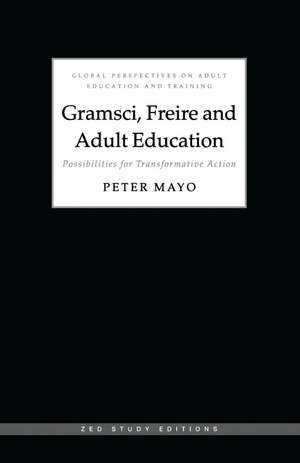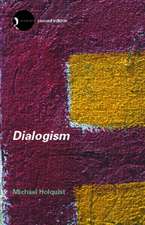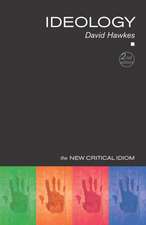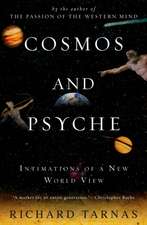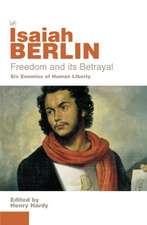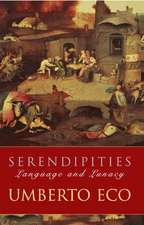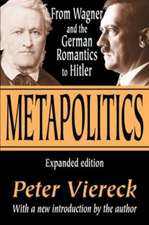Gramsci, Freire and Adult Education: Possibilities for Transformative Action
Autor Peter Mayoen Limba Engleză Paperback – 31 mar 1999
Preț: 236.45 lei
Preț vechi: 272.12 lei
-13% Nou
Puncte Express: 355
Preț estimativ în valută:
45.24€ • 47.37$ • 37.44£
45.24€ • 47.37$ • 37.44£
Carte tipărită la comandă
Livrare economică 07-21 aprilie
Preluare comenzi: 021 569.72.76
Specificații
ISBN-13: 9781856496148
ISBN-10: 1856496147
Pagini: 224
Ilustrații: notes, bibliography, index
Dimensiuni: 138 x 216 x 20 mm
Greutate: 0.3 kg
Ediția:New.
Editura: ZED BOOKS
Colecția Zed Books
Locul publicării:London, United Kingdom
ISBN-10: 1856496147
Pagini: 224
Ilustrații: notes, bibliography, index
Dimensiuni: 138 x 216 x 20 mm
Greutate: 0.3 kg
Ediția:New.
Editura: ZED BOOKS
Colecția Zed Books
Locul publicării:London, United Kingdom
Notă biografică
Peter Mayo lectures in the Department of Foundations in Education, University of Malta.
Cuprins
1. Introduction 2. Antonio Gramsci and Adult Education 3. Paulo Freire and Adult Education 4. A Comparative Analysis of Gramsci and Freire with Respect to Adult Education 5. Some of the Limitations in Gramsci and Freire for a Contemporary Project 6. A Gramscian Freirian Synthesis and Beyond 7. Conclusion
Recenzii
A fascinating book with originality, depth and rigour - a must read.
Anyone interested in progressive social change will gain new insights from this book.
There is something valuable on every page. Gramsci and Freire make the road by walking and Mayo in his own right reveals the road ahead.
The needs and aspirations of society are nowadays defined in purely economistic terms; education has been reduced to training and the acquisition of marketable skills. To combat this tendency, Peter Mayo engages in a critical reflection on the alternative visions of Gramsci and Freire.
The notion of a synthesis between Gramsci and Freire in relation to adult education is a complex one and Peter Mayo steers a coherent and insightful route through it.
Anyone interested in progressive social change will gain new insights from this book.
There is something valuable on every page. Gramsci and Freire make the road by walking and Mayo in his own right reveals the road ahead.
The needs and aspirations of society are nowadays defined in purely economistic terms; education has been reduced to training and the acquisition of marketable skills. To combat this tendency, Peter Mayo engages in a critical reflection on the alternative visions of Gramsci and Freire.
The notion of a synthesis between Gramsci and Freire in relation to adult education is a complex one and Peter Mayo steers a coherent and insightful route through it.
